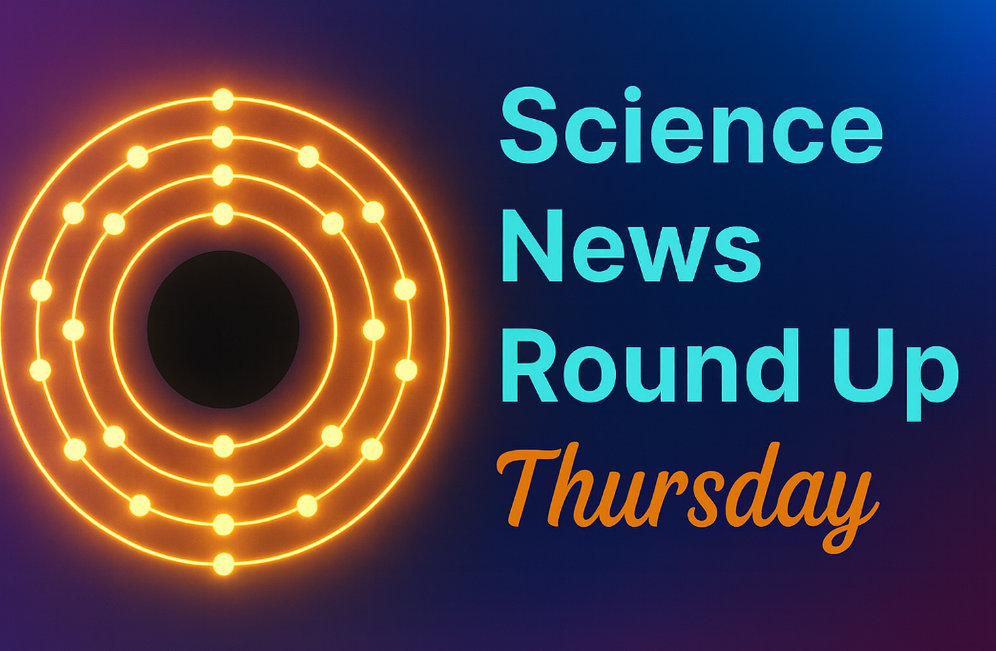
Next Week in Science, November 20, 2025
In just two weeks, we’ll be heading to Doha, Qatar for Driving Change: Regional Conference on Health and Emerging Fields in Implementation Science, hosted by Qatar University. This gathering is quickly becoming one of the most important convenings for people who care about turning evidence into real-world impact: researchers, policymakers, practitioners, and community partners all coming together with a shared goal: making science work better for the people it’s meant to serve.
Implementation science sits at the heart of that mission. While traditional research asks “What works?”, implementation science asks “How do we make what works actually work in real-world settings?” It’s the field that studies how to adapt, deliver, scale, and sustain evidence-based interventions across diverse contexts. For scientists, it’s an essential bridge connecting discovery to practice. Whether you study public health, clinical interventions, behavioral science, or emerging technologies, implementation science provides the tools to ensure your innovations reach communities, improve systems, and achieve their intended outcomes.
We’re excited to join colleagues from across the region who are driving this work forward, sharing new methods, exploring emerging fields, and building collaborations that can shape the future of public health. Stay tuned for updates from Doha as we connect, learn, and contribute to this growing global community of implementation science leaders.

Trump’s Anti-Green Agenda Could Lead to 1.3 Million More Climate Deaths. The Poorest Countries Will Be Impacted Most.
A ProPublica and Guardian analysis projects that climate policies during Donald Trump’s second presidency could lead to up to 1.3 million additional temperature-related deaths worldwide by the end of the century. The majority of these deaths will occur in vulnerable regions such as Africa and South Asia, which have contributed the least to global emissions and are less equipped to handle rising temperatures.
Progress and future outlook towards a safe and sustainable production and use of chemicals
The Mistra SafeChem program has significantly advanced the development of safer, more sustainable chemical processes, resulting in over 100 scientific publications. Its multidisciplinary approach integrates catalysis, biocatalysis, hazard screening, and life-cycle assessment, laying a foundation for future industrial applications aligned with the EU’s sustainability goals.
DNA methyltransferase Dnmt3ba-mediated epigenetic modulation of Integrin signaling is essential for hematopoietic stem and progenitor cell development
Researchers found that the DNA methyltransferase Dnmt3ba plays a crucial role in zebrafish hematopoietic stem cell (HSC) development by maintaining hemogenic endothelial cell (HEC) survival through the modulation of Integrin signaling pathways. This mechanism, crucial for blood cell formation, has been shown to be conserved in humans, potentially paving the way for advanced techniques to generate HSCs for therapeutic use.
Emergency mental health co-responders reduce involuntary psychiatric detentions in the USA
A study of the Community Wellness and Crisis Response Team program in San Mateo County, CA, found that pairing mental health professionals with police officers on emergency calls reduced involuntary psychiatric detentions by 16.5% over two years, resulting in estimated annual healthcare cost savings of $300,000 to $800,000. The program led to fewer mental health-related emergency calls while maintaining public safety, as there was no increase in criminal offenses or arrests.



